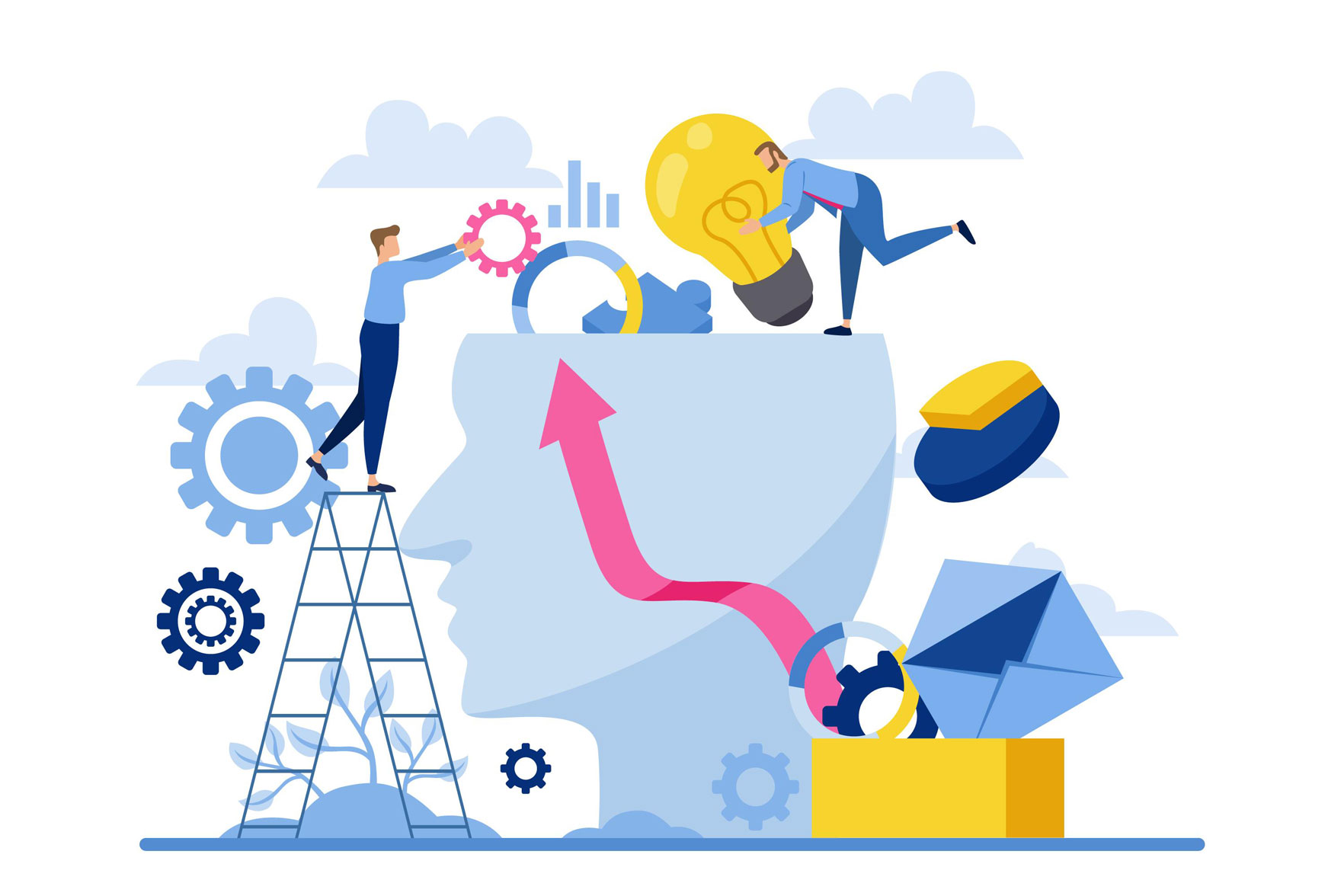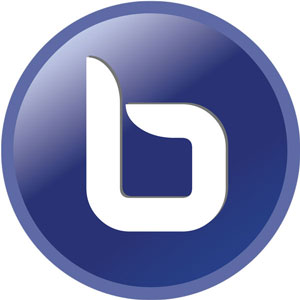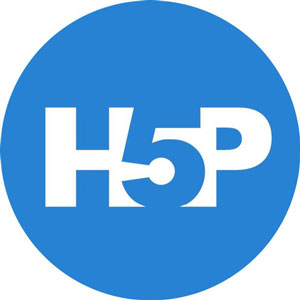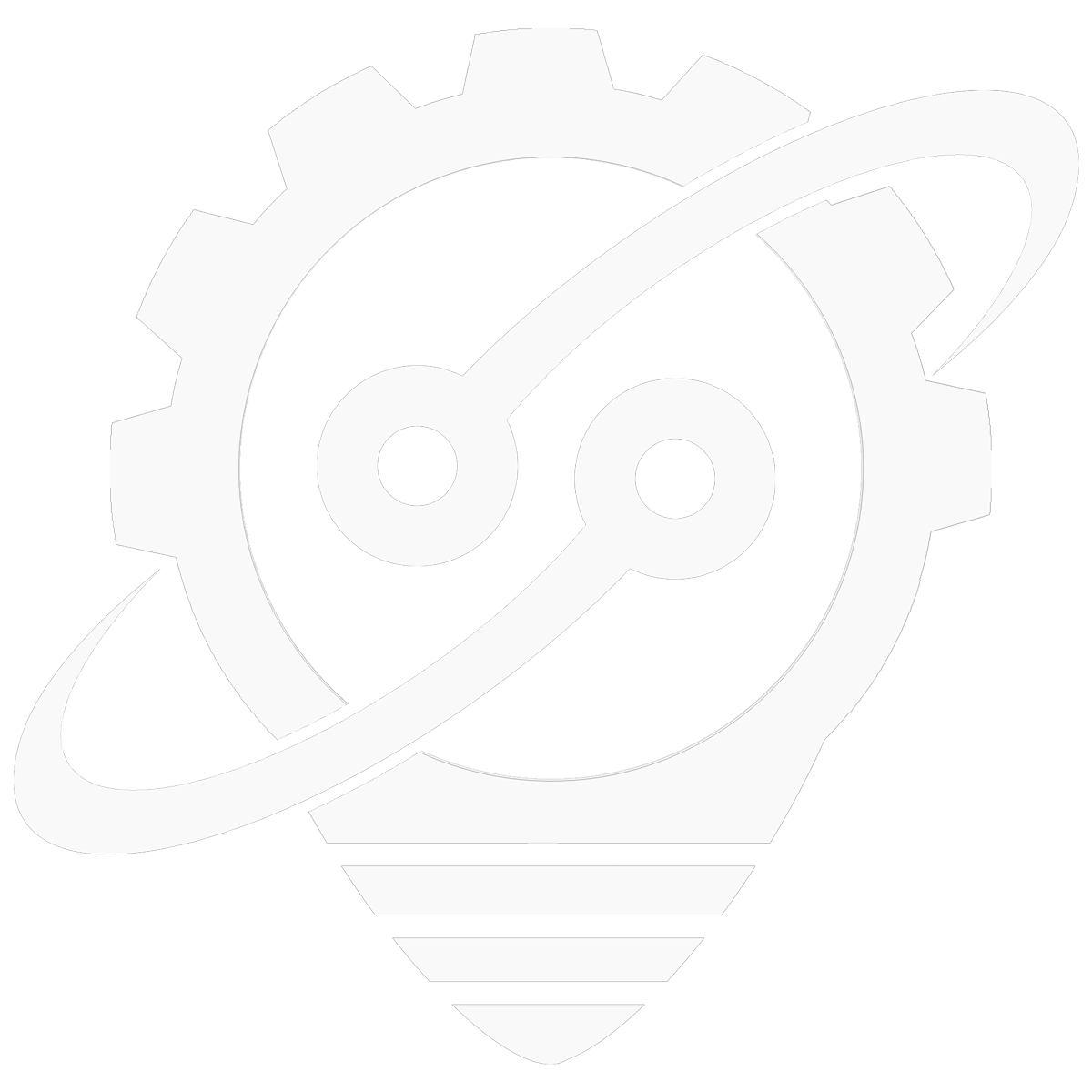
Vocational education and training providers are under increasing pressure to deliver fast, flexible, and relevant training, especially as industries evolve and workers seek new career paths. For organizations focused on workforce development, Moodle offers a powerful solution. As an open-source learning management system, it combines customization, accessibility, and community-driven tools that can be shaped to fit diverse training needs.
Whether you’re supporting unemployed (ex)workers in transition, like those in the DEMANDS Erasmus+ project, or launching a new upskilling program, Moodle can become the backbone of a modern and inclusive learning environment.
Structuring Courses for Workforce Training
To make the most of Moodle, course structure is key. Training should be divided into skill-focused modules, such as theoretical content, hands-on practice, and assessment activities. This approach not only helps learners track their progress but also allows trainers to quickly update material as industry demands shift.
In the DEMANDS project, for example, coal industry workers were introduced to intercultural communication through carefully structured content that respected their professional background and current skill level. A similar needs-based approach ensures that courses remain relevant, practical, and tailored to real job market conditions.
Interactive Tools that Boost Learning
One of Moodle’s greatest strengths is its wide range of plugins, which can transform static content into dynamic learning experiences. Interactive tools like H5P allow trainers to build engaging quizzes, simulations, and drag-and-drop exercises that mirror real-world tasks. For live interaction, BigBlueButton enables virtual classrooms where learners can ask questions, work in breakout groups, and participate in real-time discussions.
These features are particularly important in adult education, where learners often prefer hands-on, scenario-based training over traditional lectures. Tools for issuing certificates also support microcredentialing, an increasingly valuable asset for those seeking to prove their newly acquired skills in the job market.


Making Moodle Yours: Branding and Accessibility
First impressions matter, even in digital learning. Customizing Moodle’s interface to reflect your organization’s brand creates a welcoming environment that builds trust. Simple changes, like adding your logo, adjusting color schemes, or streamlining the navigation menu, can make learners feel more at home.
Accessibility also plays a critical role. Features such as multilingual support and mobile compatibility are essential when working with diverse groups. Erasmus+ projects often emphasize inclusion, and Moodle’s flexibility allows you to meet learners where they are whether that means adapting content for different languages or simplifying layouts for digital newcomers.
Supporting Trainers with Powerful Tools
For trainers, Moodle provides an intuitive space to build, deliver, and manage courses. From uploading resources and organizing content to creating assessments and managing learner engagement, everything can be handled in one place. Moodle’s dashboard offers clear insights into each learner’s progress, helping trainers identify who may need extra support.
Moreover, adult learners benefit most from content that is practical and applicable. Moodle supports that with features like forums, assignments, and feedback options that enable peer learning, reflection, and continuous development. In projects like DEMANDS, this functionality helped trainers deliver training that was both strategic and deeply human-centered.
Keeping Learners Motivated and Recognized
Engagement is more than a buzzword, it’s a necessity. Moodle includes features that keep learners actively involved, from knowledge-check quizzes to discussion forums that spark collaboration. Certificates can be automatically issued upon completion of modules, providing learners with tangible proof of achievement and boosting their motivation.
Recognition is especially important in vocational training, where adult learners often juggle work, family, and education. Earning certificates or microcredentials along the way reinforces their sense of progress and prepares them to demonstrate skills in competitive labor markets.
Tracking Progress and Assessing Outcomes
Moodle doesn’t just deliver content, it measures impact. Trainers can monitor participation, review quiz results, and generate reports to understand how each learner is doing. These tools are vital for both continuous improvement and formal evaluation.
In the DEMANDS project, tracking tools played a central role in assessing the effectiveness of training modules and issuing validated certificates. Built-in assessment features like self-evaluations and peer feedback also add depth to the learning experience, helping learners build confidence in their own progress.
Ready to Upskill Your Workforce?
For any organization aiming to support vocational education, career transitions, or adult learning, Moodle is more than just a platform, it’s a partner in progress. With the right structure, a few essential plugins, and thoughtful design, Moodle can deliver flexible, inclusive, and impactful training.
Whether you’re a VET provider or just beginning your LMS journey, customizing Moodle opens the door to engaging learning pathways and real-world results. If you’re inspired by what’s possible, now is the time to explore how Moodle can power your next training initiative.
Next Steps
This is the third of four Moodle-related posts. It’s a guide on how to customise Moodle for vocational training & upskilling.
Stay tuned for the next posts on:
DEMANDS Project
DEMANDS is an EU-funded Erasmus+ project designed to upskill workers, enhance intercultural communication, and support workforce inclusion during the energy transition.
Project materials
Discover our collection of posters, leaflets, branding assets, and more—all designed to communicate the mission and impact of DEMANDS. Download, share, and join us in spreading the word about empowering workers and fostering inclusion in the energy transition.


